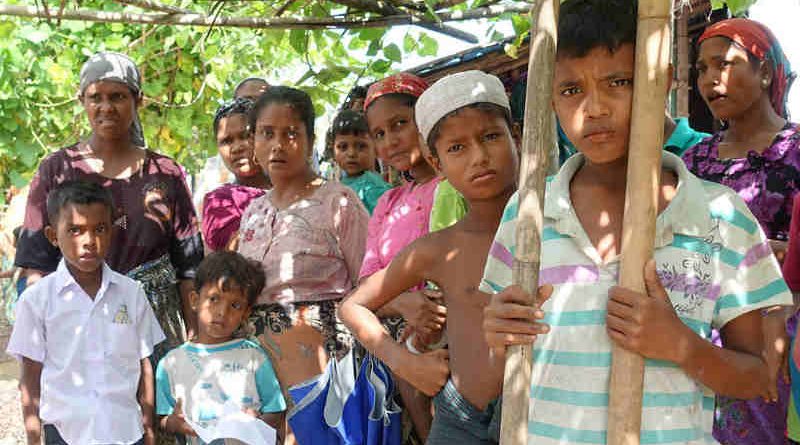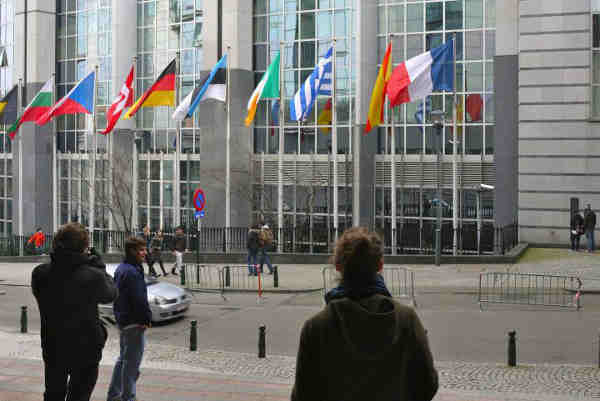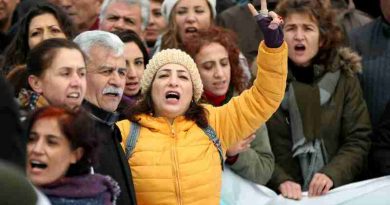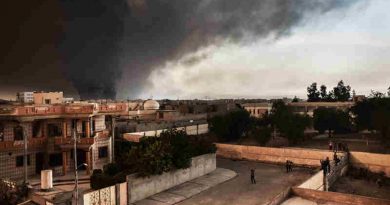UN Warns of Sexual Abuse in Rohingya Refugee Crisis
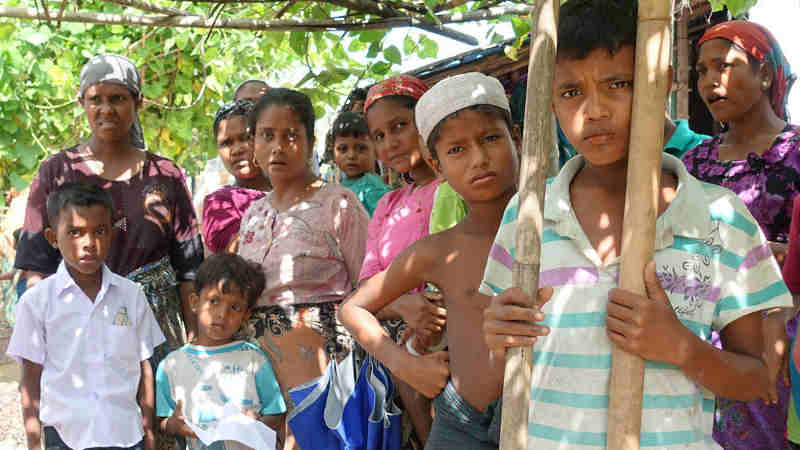
Human trafficking and exploitation are rife among Rohingya refugees who have fled Myanmar to seek safety in Cox’s Bazar, Bangladesh, the United Nations migration agency has found.
“Understanding the scope of human trafficking is difficult in most settings due to the hidden nature of the crime,” said Kateryna Ardanyan, a counter-trafficking expert of the International Organization for Migration (IOM) on Tuesday.
“In the chaos of a crisis like this, trafficking is usually invisible at first, as there are so many other urgent needs like food and shelter. But agencies responding to this crisis should not wait until the number of identified victims increases,” she added.
[ 58 NGOs Urge U.S. to Impose Economic Sanctions on Burma ]
According to interviews and community focus groups conducted in the district’s makeshift settlements by IOM, desperate men, women and children are being recruited with false offers of paid work in various industries including fishing, small commerce, begging and, in the case of girls, domestic work.
With almost no alternative source of income, according to a UN report, the refugees are willing to take whatever opportunities they are presented with, even ones that are risky, dangerous and that involve their children.
[ Corruption and Hindu Terror Increasing in India: 2017 World Report ]
IOM said it is also aware of cases where Rohingya have been trafficked to outside Bangladesh, and is assisting the victims. Most of the trafficking is taking place inside the country, which follows the pattern of trafficking globally.
Forced and early marriages are also taking place among the Rohingya population. For many families, it is a coping mechanism that offers protection and economic advancement for young Rohingya women and girls.
“Rohingya refugees need preventative and proactive action now to mitigate risks of human trafficking, and the survivors need help, before this spirals out of control,” Ms. Ardanyan said.
According to the UN, over 617,000 Rohingya refugees have settled in Cox’s Bazar since 25 August, but exploitation of the Rohingya population in the district has been occurring since well before this most recent influx of people.


